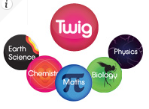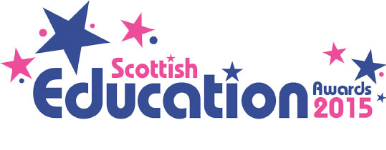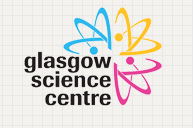Following the publication of its 3-18 Curriculum Impact Report for Sciences in September 2012, Education Scotland organised a series of conversation days where priorities for action to secure improvements in science education nationally were identified.
Key aspects for development emerged, which included primary and early years practitioners requiring guidance on and exemplifications for assessment in the sciences.
To address this aspect the sciences team will be hosting the second of three Glow Meets, complimented again by a series of professional learning twilight sessions.
The Education Scotland assessment support documentation will be explored, using exemplifications from the NAR, addressing particular science Significant Aspects of Learning.
The second Glow meet Assessment in the Sciences will take place on Tuesday 13th January 3.45-4.30pm
To register: https://meet.glowscotland.org.uk/e7wzsiv2uvs/event/event_info.html
Dates, times and venues for the complimentary twilight sessions to date are:
Dundee, Education Scotland Endeavour House, Monday 26th January 4-6pm
Dumfries, Lochside Education Centre, 27th January 4-6pm
Inverness, Mercure Hotel, Wednesday 28th January 4-6pm
Aberdeen, Satrosphere Science Centre, Thursday 29th January 4-6pm
Edinburgh, Dynamic Earth, Monday 2nd February 4-6pm
Glasgow , St Andrew’s Secondary, Thursday 5th February 4-6pm
Please sign up through https://www.surveymonkey.com/s/twilightsessions
Revisit the first Glow meet Supporting Primary & Early Years Science









